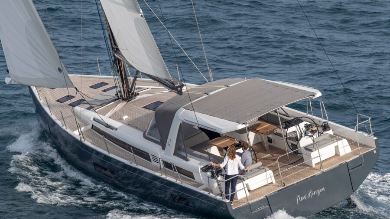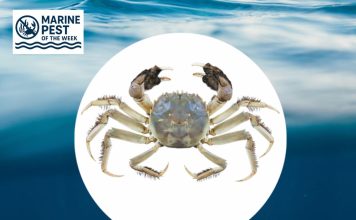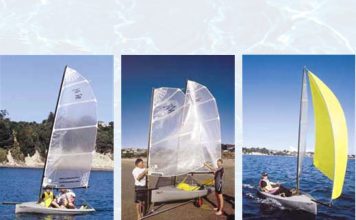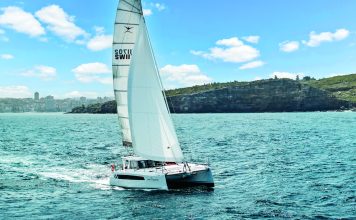This circular economy model, developed in collaboration with Composite Recycling, Veolia, Arkema, Owens Corning, and Chomarat, aims to reduce the environmental impact of boatbuilding by using recyclable composite materials and reintegrating reclaimed materials back into the manufacturing cycle. Unveiled in France and recently showcased at JEC 2025, the initiative marks the clearest step yet toward a scalable, industrial approach to composite recycling.
Why it matters
Concerns around end-of-life vessels are mounting across the marine industry. In January, ICOMIA, the European Boating Industry (EBI), and the NMMA announced the first-ever global partnership to assess the environmental footprint of recreational boats, signalling that lifecycle planning is now front and centre for regulators and manufacturers alike. The issue became more urgent following a July 2024 British study that found fibreglass particles from glass-reinforced plastic (GRP) entering the food chain through oysters and mussels. The environmental and public health implications are clear: the marine industry must deal with its composite waste—and fast.
That’s where Groupe Beneteau’s closed loop approach comes in. The process begins with Arkema’s Elium® resin—a recyclable liquid thermoplastic based on MMA and acrylic copolymers—used in the construction of select Beneteau models, such as the Jeanneau Sun Fast 30 One Design and the Beneteau Oceanis Yacht 60. Elium can be processed at ambient temperatures and offers the distinct advantage of being fully recyclable: it can be broken down into its original components, including fibres and oil.
“Circular manufacturing in the nautical sector is no longer a simple goal, but a tangible reality,” said Erwan Faoucher, Vice President of Innovation and Sustainable Development at Groupe Beneteau. “The use of recycled resin reduces CO₂ emissions by 70 per cent compared to conventional polyester. Whereas in the past we made boats that were built to last, today we are able to design sustainable boats.”
How it works
The model functions as a full-circle system. During production, Veolia collects composite waste from Beneteau’s facilities and transports it to its western France facility. There, Composite Recycling’s thermolysis unit—a mobile, container-sized oven—heats the waste in the absence of oxygen. This prevents combustion, instead converting the resin into thermolysis oil and leaving behind clean, reusable glass fibres.
This oil is sent back to Arkema, where it’s converted into new Elium® resin. Meanwhile, Owens Corning melts the reclaimed fibres using renewable hydroelectric energy and processes them into new reinforcements. These are then woven into composite fabrics by Chomarat. The reclaimed resin and fibres are finally reintroduced into new boat builds by Groupe Beneteau—completing the loop.
This practical system enables Beneteau to trace every step: from original resin input to the reused fibre in a new hull. The streamlined collaboration between resin producer, recycler, materials manufacturers, and boatbuilder has been key to proving that circular boatbuilding isn’t just conceptually viable—it’s commercially and industrially achievable.
Guillaume Perben, co-founder of Composite Recycling, noted: “Sailing has always been a part of my life, so I’m especially proud that the first application of our industrial unit is within the marine industry. But this isn’t just about sustainable boatbuilding—it’s a proof of concept for every industry that uses composites.”
Beyond boatbuilding
Although this project was launched with the marine sector in mind, its broader implications are impossible to ignore. Arkema’s global business manager Guillaume Cledat says the same approach could be applied in the automotive, aerospace, wind energy and construction industries—all sectors that rely heavily on composites.
“Elium resin was designed to make composites recyclable,” said Cledat. “This initiative showcases how it works at scale. By combining Elium resin with innovative recycling technologies, we’re laying the foundation for a circular economy in composites.”
In a joint statement, all six participating companies confirmed their intention to continue refining the process and explore further industrial applications for composite recycling. “This is just the beginning,” said Chomarat’s Vincent Cholvy. “We’re moving toward a future where recycled fibres can be seamlessly reintegrated into high-performance materials across sectors.”
The road ahead
As industry regulators push for lifecycle assessments and environmental accountability, Groupe Beneteau’s closed loop system offers a practical, real-world solution that meets these demands without sacrificing quality or performance. It also demonstrates that meaningful change in boatbuilding doesn’t have to be incremental—it can be systemic.
The use of recycled Elium® resin in production boats, backed by traceable recycling and reintegration of composite materials, creates a compelling model for responsible manufacturing. For Beneteau, this approach is not just about doing less harm—it’s about building boats with the end in mind.

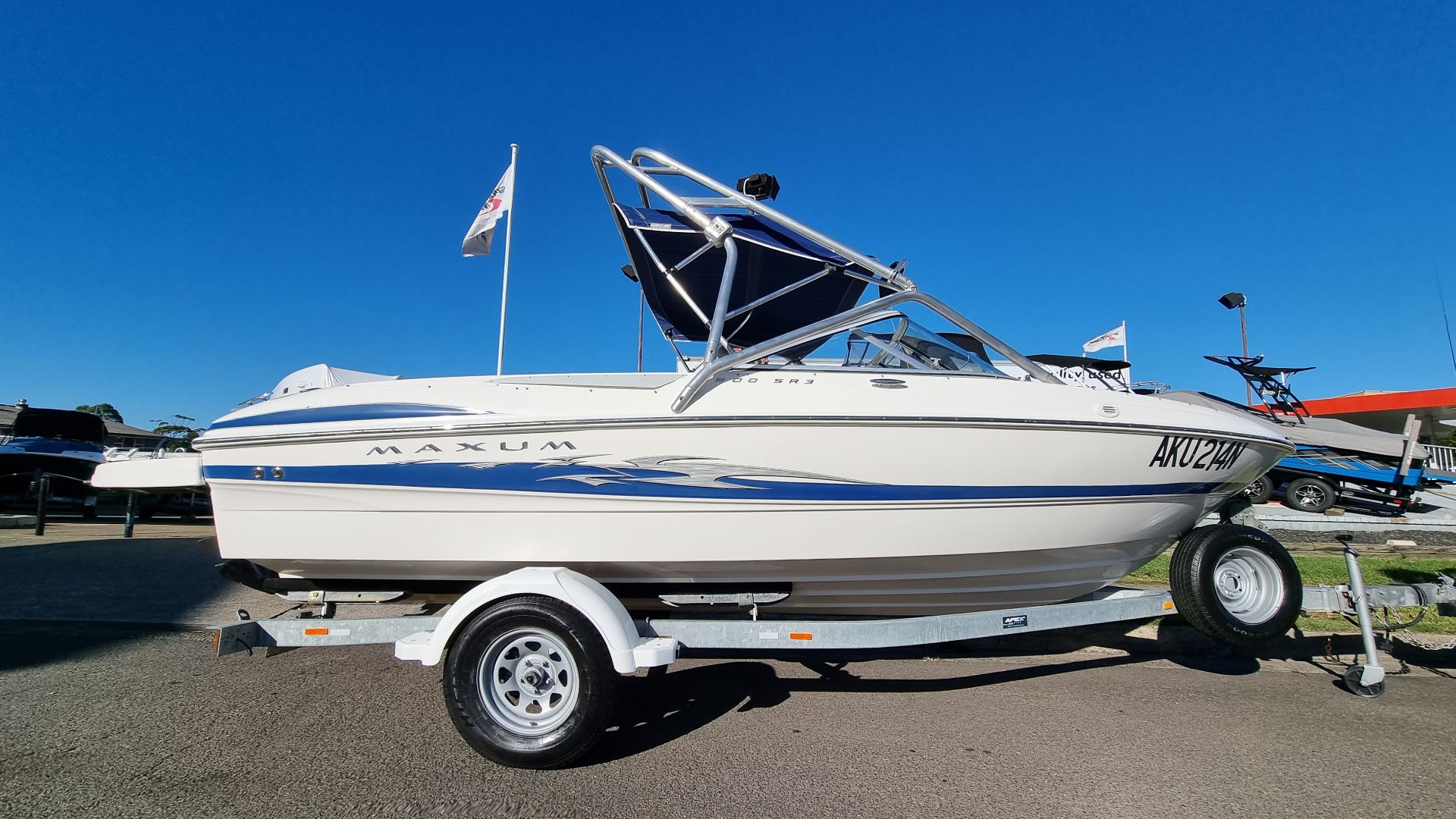
With mounting evidence of environmental harm from discarded composites and increasing pressure from global regulators, the circular boatbuilding model introduced in France isn’t just timely—it may be essential. And for an industry built on navigating change, Groupe Beneteau and its partners have shown that the way forward is not a straight line—it’s a loop.








